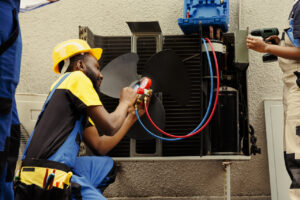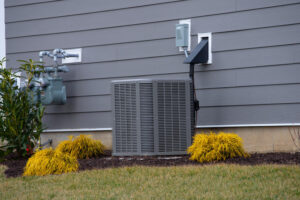
Preventing Water Damage to Mini-Split Control Wire Connections
During the humid summer months in Plant City, homeowners often rely heavily on their mini-split systems to keep indoor temperatures stable. What many don’t realize is that hidden behind walls or tucked along the outside of the house are control wires that help the system run properly. These wires connect



